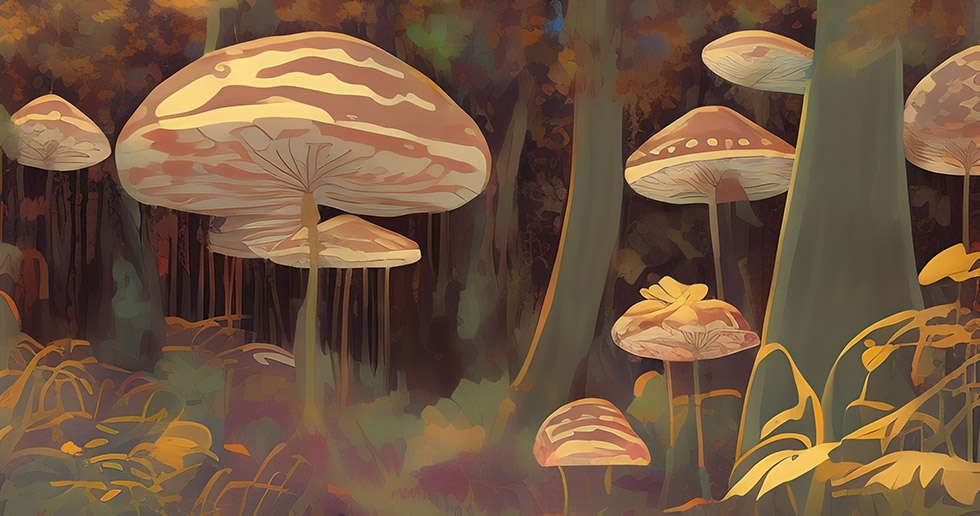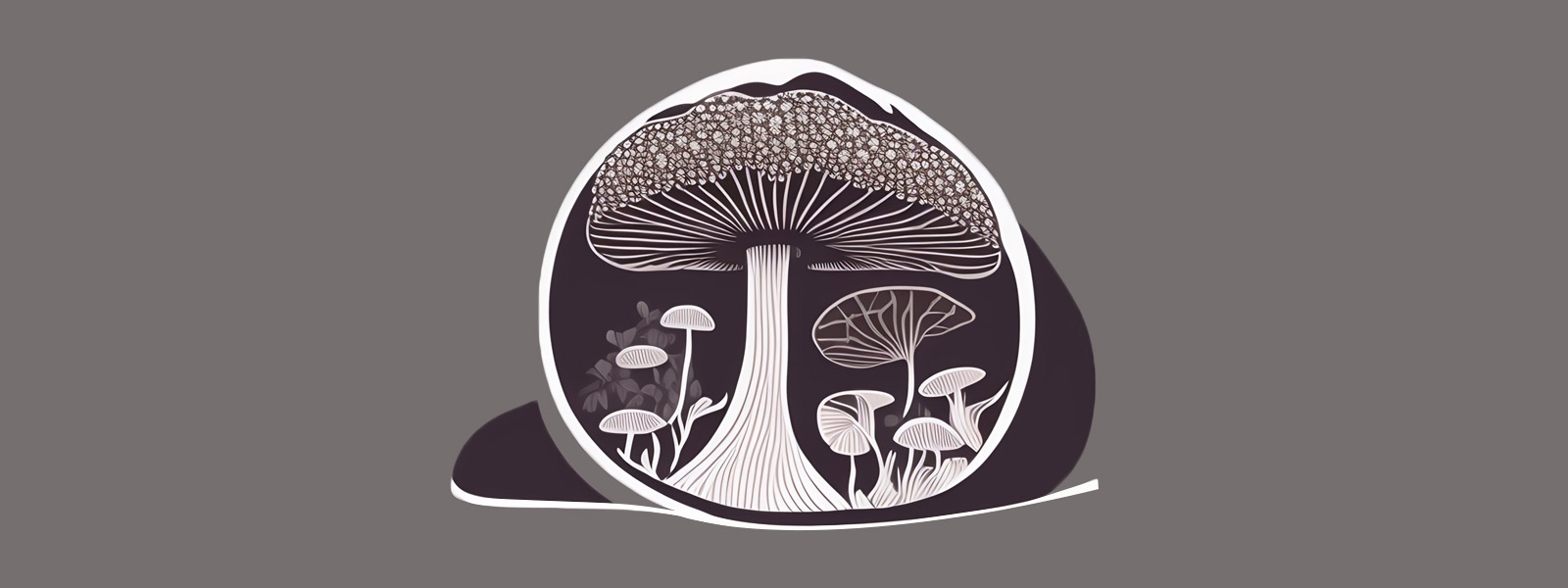How to Choose the Right Psychedelic Retreat for a Safe and Transformative Experience
What Makes a Psychedelic Retreat Effective?
Choosing the right psychedelic retreat is a crucial step on the path toward healing, self-discovery, or spiritual growth. The best retreats combine safety, scientific understanding, and compassionate guidance to help participants explore the effects of substances such as psilocybin, ayahuasca, or San Pedro. Knowing what kind of experience you are seeking, emotional release, inner clarity, or mystical connection, will help you select the retreat and psychedelic medicine that best aligns with your intentions.
Beyond the substance itself, what truly defines the success of a retreat is the presence of a clear therapeutic framework. The most reputable centres combine modern psychology, neuroscience insights, and ancestral rituals. This union between science and tradition creates an environment where the participant feels both grounded and spiritually open, a balance that greatly enhances the potential for lasting change.
The Ideal Environment for Transformation
Favour a retreat centre located in a peaceful, natural environment, surrounded by old trees, open fields, and light-filled spaces. A calm atmosphere and comfortable accommodation play a major role in preparing your mind and body for the experience. Breathing, yoga, and meditation practices become deeper when you feel safe and at ease. After the journey, many participants describe a renewed sense of connection with nature, the trees, and the people who shared the experience. In short, the setting deeply influences the outcome of your psychedelic trip.
Many guests also choose to arrive one or two days before the official start of the retreat. This “landing phase” allows the nervous system to slow down and adjust to a slower rhythm. Walking barefoot in the grass, journaling, and digital detox can significantly improve the quality of the trip itself. The more serene your inner state at the beginning, the more harmonious the experience will be once psilocybin takes effect.
Magic Mushrooms, Ayahuasca, or Others?
Different retreat centres work with various substances: magic mushrooms (psilocybin truffles), ayahuasca, bufo toad (5-MeO-DMT), peyote, or San Pedro cactus. Each has its own history, duration, and intensity. Among them, psilocybin remains the most studied in modern research.
Scientific studies, including those recognised by the FDA’s breakthrough designation, highlight psilocybin and MDMA for their potential in treating depression, PTSD, anxiety, addiction, and cluster headaches. This evidence has helped legitimise psilocybin retreats in countries where truffles are legal, such as the Netherlands.
Always check the legal status of psychedelics in the country where the retreat operates. While truffles are legal in the Netherlands, mushrooms are not, and in other regions, the law may be less clear. Staying informed ensures peace of mind throughout your journey. If you are uncertain, contact the organisers and ask for details about their legal framework, transparency is a sign of trustworthiness.
Contraindications and Mental Health Precautions
Psychedelics are powerful tools that should never be taken lightly. People with a personal or family history of bipolar disorder, psychosis, or schizophrenia should avoid psychedelic use, as these conditions may be aggravated. Reputable retreat centres will always conduct a medical screening and may refuse participation if risks are identified, a sign of professionalism, not exclusion. Ongoing scientific research continues to explore how psychedelics interact with different mental health profiles.
Participants should also disclose any current medication or physical condition. Interactions between antidepressants, blood pressure medication, or sleep aids and psilocybin may reduce effectiveness or create unpleasant sensations. The best centres will always review your situation individually, ensuring that your safety remains the top priority.
Recent Scientific Research on Psilocybin
Over the past decade, scientific research on psilocybin has grown exponentially. Once considered taboo, this molecule is now at the centre of numerous clinical studies conducted by leading universities and medical institutes around the world. Researchers are exploring how psilocybin can help rewire emotional patterns and promote lasting psychological balance. Here are some of the most promising research areas:
- Depression and anxiety: Studies at Imperial College London and Johns Hopkins University show that psilocybin may significantly reduce symptoms of treatment-resistant depression after one or two guided sessions.
- Post-traumatic stress disorder (PTSD): Ongoing trials suggest that psilocybin can facilitate emotional processing and help patients reconnect with traumatic memories in a safe, supported context.
- Addiction recovery: Clinical programmes in the United States and Europe have demonstrated reduced cravings and improved abstinence in people struggling with alcohol or nicotine dependence.
- End-of-life care: Psilocybin-assisted therapy has shown a remarkable ability to relieve existential anxiety and fear of death in patients facing terminal illness.
- Neuroplasticity and brain connectivity: Functional MRI studies indicate that psilocybin increases communication between brain regions, temporarily dissolving rigid thought patterns and fostering new perspectives.
These findings have led to renewed optimism in the field of mental health. Many experts now consider psilocybin a potential revolution in psychiatry, provided it is used responsibly and within a structured therapeutic framework. As regulation evolves, the Netherlands remains one of the few countries where psilocybin truffles can legally be experienced in a safe, supervised retreat environment.

Inside a Psilocybin Retreat Centre
At reputable psilocybin retreat centres, guest selection is handled with care. A professional team reviews each application through questionnaires and interviews to ensure participants are physically and psychologically prepared. This personalised approach guarantees safety and emotional support throughout the experience. Ethical retreats also provide pre-retreat calls or group webinars to help participants set intentions and understand how to navigate challenging moments.
Ideal Group Size and Facilitator Ratio
For magic mushroom ceremonies, a group of 10 to 20 guests offers the right balance between intimacy and shared energy. The facilitator-to-guest ratio is equally important, the higher the number of facilitators per participant, the safer and more personalised your journey will be. A ratio of 1 facilitator for 3 guests is often considered optimal for a high-quality psychedelic retreat.
Smaller groups foster trust and allow facilitators to pay attention to subtle emotional cues. This personal guidance often determines whether a difficult experience becomes a trauma or a breakthrough. In contrast, overcrowded ceremonies can dilute the emotional safety necessary for deep healing.

Professional Support During the Journey
The quality of psychological support makes a fundamental difference in the outcome of a psychedelic retreat. Look for centres where facilitators are trained in trauma-informed care, somatic practices, or integrative psychotherapy methods. A well-structured retreat includes preparation, ceremony, and integration phases, each guided by experienced professionals.
A Safe Space for Psilocybin Experiences
Magic truffles, which naturally contain psilocybin, can open the door to profound emotional and spiritual insights. Yet, they can also temporarily amplify unresolved emotions. That’s why the set and setting, your mindset and the physical environment, matter so much. The best retreats provide comfort, medical supervision, and therapeutic guidance before, during, and after the ceremony.
A typical retreat lasts 3 to 5 days. One single, well-prepared psilocybin session can bring lasting change, especially when followed by ongoing therapy or integration work. Practices such as mindful walking, journaling, and meditation can help anchor the lessons from the experience.
Some centres also include creative workshops like painting, dance, or sound healing to help participants express what words cannot. These sensory approaches bridge the gap between the ineffable psychedelic realm and daily consciousness, allowing emotions to flow rather than crystallise.
The Experience and Training of Facilitators
Ensure the facilitators have hands-on experience and trauma-sensitive training. Many reputable centres work with professionals trained in modalities such as Internal Family Systems (IFS), Somatic Experiencing, or Acceptance & Commitment Therapy (ACT). Ideally, the team should include a psychiatrist or on-call medical doctor and maintain safety protocols for potential physical or psychological emergencies.
When researching a centre, don’t hesitate to ask about the facilitators’ backgrounds, number of years in practice, and what kind of post-retreat support they offer. Transparency builds trust, a cornerstone of any meaningful psychedelic journey.
Antidepressants and Dosage Preparation
If you are currently taking SSRIs or other antidepressants, consult your doctor before joining a psilocybin retreat. Gradual reduction under medical supervision is often recommended to avoid interaction risks. Choosing the right psilocybin truffle dosage and setting clear intentions are key to a meaningful and safe experience. Aligning your preparation, emotional readiness, and integration support will make the transformation truly sustainable.
Integration and Long-Term Benefits
The real work begins after the retreat. Integration therapy helps you translate your insights into daily life, supporting long-term emotional stability and personal growth. Group sharing circles, journaling, and professional guidance allow participants to deepen their understanding and maintain their sense of clarity long after the mushroom ceremony.
Some retreats now offer structured 12-month integration programmes that include online group meetings, private therapy sessions, and mindfulness practices. These continued exchanges help participants embody the lessons received during the ceremony rather than seeing them fade with time.
Returning Home and Post-Retreat Support
Once back home, continuing post-retreat therapy is vital. Many centres offer online follow-up sessions to reconnect with your group and facilitators. This ongoing support helps transform temporary insights into enduring behavioural and emotional changes, the true mark of a successful psychedelic retreat.
Integration can also include lifestyle changes such as better nutrition, more time outdoors, and regular meditation. The point is not to chase new experiences but to integrate wisdom into everyday actions, that’s where the real transformation unfolds.
Legality and Responsible Choices
Several institutes, such as Tangerine Retreat, Reset Institute, and the (now-closed) Synthesis Institute, have become references in the field. Located in the Netherlands, they offer legal psilocybin retreats with qualified facilitators, comfortable housing, and serene natural settings. Always ensure that the retreat operates within the legal framework of its country and never engage in activities that could cause legal stress or health risks.
Finally, remember that the ultimate goal of a psychedelic retreat is not escape but reconnection with yourself, with others, and with the living world. Approached with humility, responsibility, and proper guidance, psilocybin can become a catalyst for a gentler, wiser, and more compassionate way of being.
The Psychedelic Tree House Kimono
